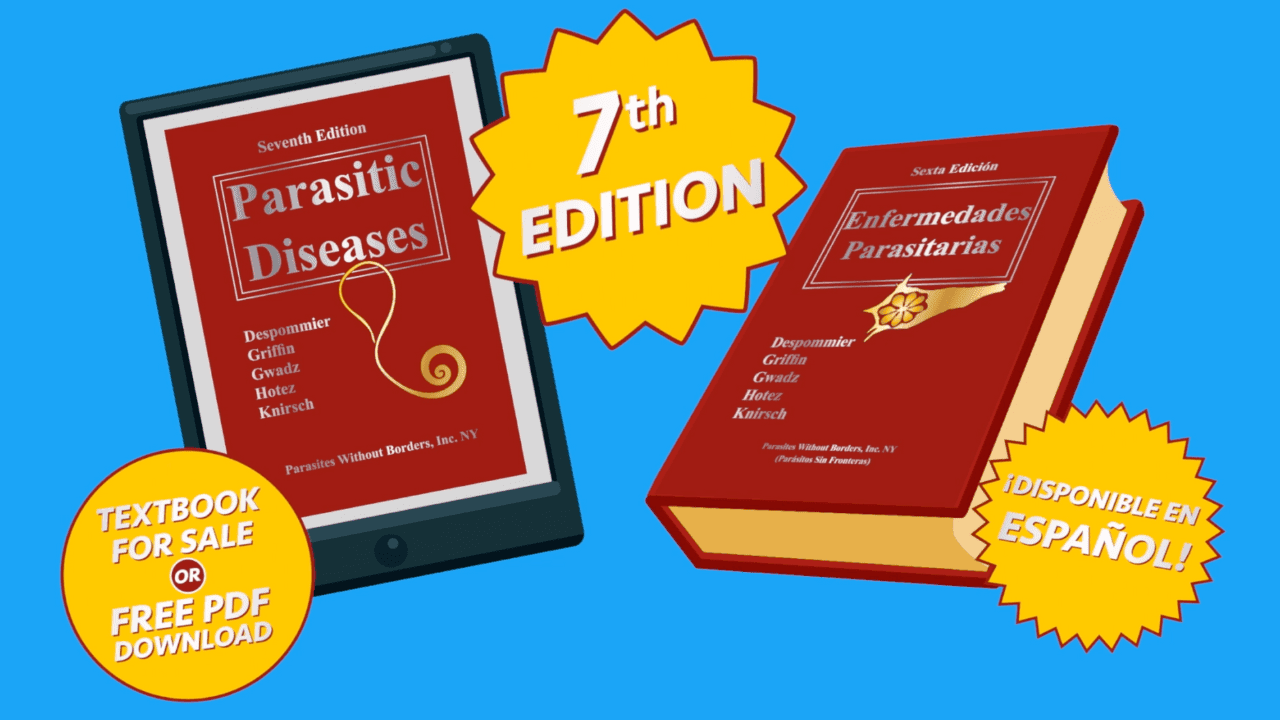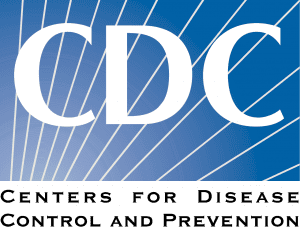Eliminating and eradicating deadly and devastating diseases is a big task. To date, the world has completely eradicated only one human disease: smallpox. Healthcare workers, government agencies, and nonprofits around the world are on a mission to control, eliminate, and eventually eradicate five more, four of them parasitic diseases: Guinea Worm, Malaria, River Blindness, Polio, and Lymphatic Filariasis.
"Our goal has always been to ease the suffering of human from debilitating parasitic infections through education," explains Daniel Griffin, MD, PhD, President of Parasites Without Borders and the co-author of Parasitic Diseases. "It takes research, international cooperation, education, and tremendous commitment. By providing free and accessible medical research and knowledge, we can arm healthcare workers and the public with information that can change and save lives."
The journey to zero begins with control, then elimination, with the goal being eradication. Eradication is the reduction of worldwide disease incidence to zero, with no further control measures needed. Elimination is considered when a single country, continent, or other limited geographic area has halted disease transmission. If a disease is controlled, it has reduced incidence or prevalence, but control measures are still necessary. Since 2000. many nations have eliminated Guinea Worm Disease, River Blindess, Lymphatic Filariasis, Malaria, and Polio. Several countries have stopped transmission. They will be monitored for several years to ensure no new cases appear. Only then can a country apply to be certified as officially eliminating a disease by the World Health Organization (WHO). The WHO has set aggressive goals for elimination, and progress is being made. Recently, Egypt was certified malaria-free, while Timor-Leste and Brazil have eliminated Lymphatic Filariasis this year.
Parasites Without Borders (PWB) is a global nonprofit that brings the latest medical information on disease caused by parasites to the people and places that need it most. They accomplish this by distributing free copies of their textbook, Infecciones Parasitarias, to the global medical community and providing free, easily digestible educational resources to professional and the public through their bi-weekly podcast, Infectious Disease Puscast, and weekly clinical updates on the This Week in Virology podcast. On their website, parasiteswithoutborders.com, Parasites Without Borders offers the following resources: Seventh Edition Parasitic Diseases textbook FREE DOWNLOAD in ENGLISH, FREE DOWNLOAD in SPANISH, Manual Médico para Recursos Limitados V2 textbook FREE DOWNLOAD in ENGLISH, Medical Handbook for Limited Resource Settings videos, and Lecciones de Enfermedades Parasitarias on YouTube.
Situation Dashboards

World Health Organization (WHO)

Johns Hopkins University (JHU)

COVID-19 in US and Canada






